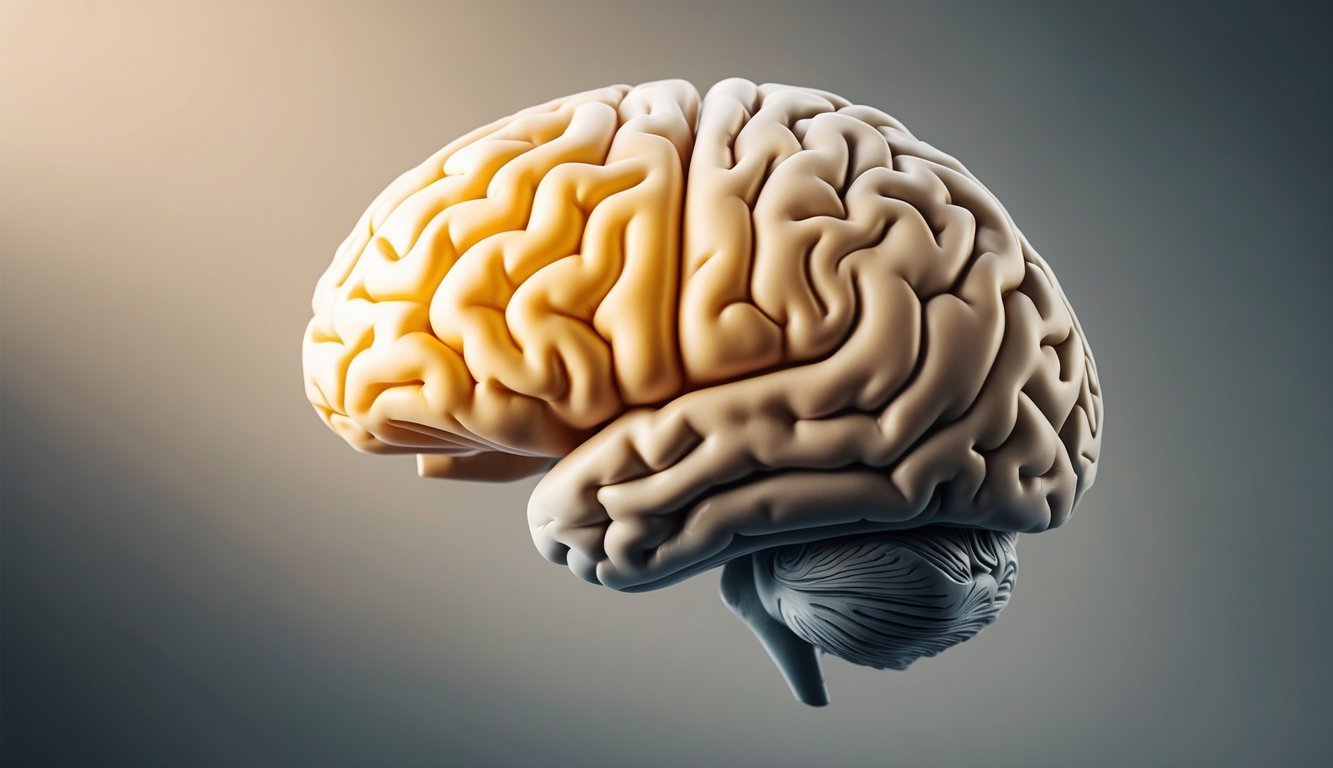Physical Address
304 North Cardinal St.
Dorchester Center, MA 02124
Physical Address
304 North Cardinal St.
Dorchester Center, MA 02124
Karolinska Institutet research reveals frontotemporal dementia patients exhibit a significant deficit in empathetic responses, complicating social interactions and caregiving decisions for affected families.

A groundbreaking investigation at Karolinska Institutet has unveiled critical insights into the neural dynamics of frontotemporal dementia (FTD), highlighting a striking absence of empathetic responses in those affected.
This research, aimed at enhancing our understanding of a form of dementia that afflicts approximately three percent of the 25,000 new cases diagnosed annually in Sweden, has significant implications for both patients and their families.
FTD poses a unique challenge in diagnosis, primarily due to its profound social and emotional consequences.
A key symptom of this condition is the decline in empathy, which creates considerable difficulties not only for the people grappling with the disease but also for their caregivers and loved ones.
Led by Olof Lindberg from Karolinska Institutet and Alexander Santillo from Lund University, the study meticulously examined the brain activity of 28 people diagnosed with frontal lobe dementia using functional magnetic resonance imaging (fMRI).
Participants were shown distressing images, including scenes of hands being punctured by needles, stimuli known to activate brain areas responsible for processing the pain and suffering of others.
The findings were striking: the researchers observed a complete lack of activation in the brain’s frontal networks among those with frontotemporal dementia, a sharp contrast to the response patterns in a control group of healthy, age-matched peers.
Are you tired of spinning your wheels and getting nowhere? Simply put, you’re out of sync: you’re out of alignment with your astral configuration.
But: there’s a kind of map that can help you reclaim your alignment. Think of it as your own personal blueprint to success and happiness: a blueprint that will help you live your most amazing life.
Get started here.
This significant disconnect underscores the neurological underpinnings of empathy—or the absence thereof—in people with this form of dementia.
The correlation drawn from brain activity measurements and caregiver assessments of empathy is particularly compelling, as it illuminates the relationship between neurological function and observable behavior.
While cognitive decline is often synonymous with dementia, the impairment of empathetic capacity in frontotemporal dementia can mimic symptoms typically associated with psychiatric disorders like psychopathy.
These revelations hold the potential to deepen our understanding of how frontotemporal dementia manifests, particularly its crucial social implications.
The absence of empathy is not merely a clinical symptom; it fundamentally complicates social interactions and may profoundly influence decisions surrounding care arrangements.
For families, the question of whether a loved one can continue to live at home with support is rendered starkly more complex.
This research is part of a larger collaborative effort involving Skåne University Hospital, Norrland University Hospital, and Karolinska University Hospital Huddinge, all working together to unravel the intricate complexities of frontotemporal dementia and its far-reaching effects on individuals and society.
As the study highlights, understanding the neural mechanisms of empathy in FTD holds the key to navigating the emotional landscapes shaped by this challenging condition.
“`
“`